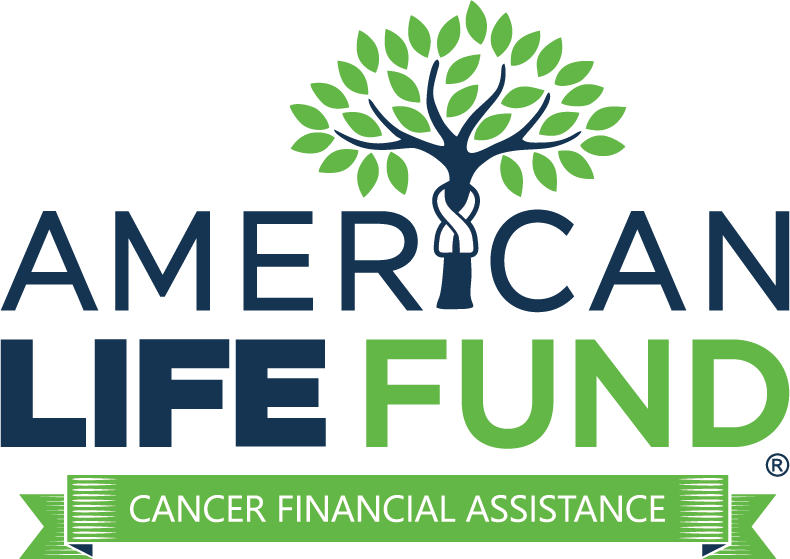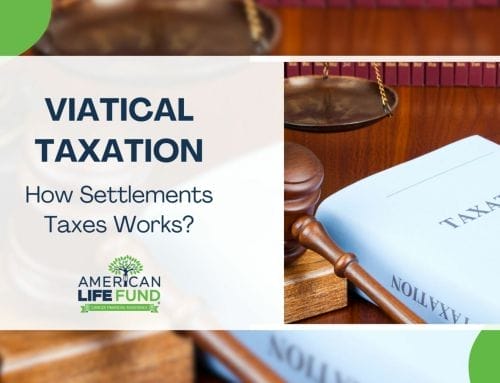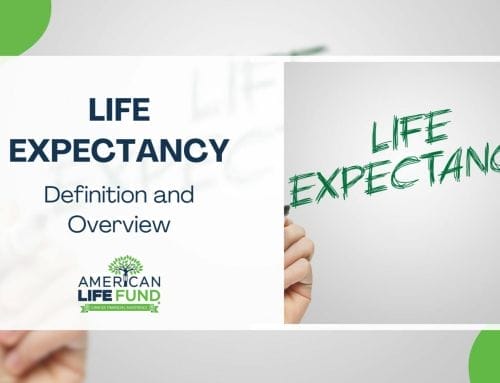Life insurance has long been a cornerstone of financial planning for families and individuals, offering a safety net in times of uncertainty. Beyond providing financial security in the event of a breadwinner’s death, life insurance supports you in accessing liquidity when needed most.
Why might you need to convert their assets into cash? Whether faced with mounting medical bills or looking to improve your quality of life, the need for immediate access to capital can come up unexpectedly. In these moments, understanding life insurance policies helps you make informed financial decisions.
Liquidity refers to the ease with which an asset can be converted into cash, and life insurance offers a high degree of liquidity compared to other assets. Despite this, many of us are unaware of our life insurance policy’s potential as a source of quick cash.
In personal and business scenarios, life insurance can be a great asset for providing immediate access to cash without the need to liquidate other assets or resort to borrowing. Understanding this aspect of life insurance can help you during financial challenges.
Quick Read
- Life insurance policies offer a source of liquidity, allowing policyholders to access cash quickly and easily in times of need.
- Accessing cash from life insurance via loans or policy surrender offers immediate funds, but comes with limitations.
- Loans accrue interest, potentially straining finances, while surrendering the policy eliminates future life insurance proceeds and long-term value.
- Viatical settlements provide a streamlined process for accessing cash by selling a life insurance policy to a specialized company. This offers immediate relief from financial burdens.
- Consider factors like health condition, policy type, and future plans to determine if a viatical settlement is suitable for your circumstances.

Liquidity, and liquid assets, are important concepts for businesses and investors. Liquidity refers to the ease with which a person can convert an asset into cash. A liquid asset can quickly be turned into cash without experiencing a loss in value.
For example, life insurance can be used as collateral for loans or to fund buy-sell agreements between business partners. It can also be used to pay taxes or settle debts after someone dies. In each of these cases, life insurance provides a reliable source of liquidity that other assets can’t match.
The unique properties of life insurance make it invaluable in many situations. If you die, your family will be provided with financial protection and legacy assets to help them rebuild their lives after losing a member.
For businesses, liquid assets are important to maintain financial stability and liquidity ratios – a measure that quantifies how easily a business meets its obligations using only liquid assets. Businesses rely on their liquid assets to cover expenses and pay off debts, so naturally, they need to be able to easily sell or trade these assets to generate the funds they need. Having access to liquid assets is necessary for individuals and businesses to maintain their financial health.
What is Liquidity in Life Insurance?
When we talk about what life insurance liquidity means, we refer to the policyholder’s ability to access their funds quickly and easily in the event of an emergency. This could be something like needing to pay for unexpected medical expenses or wanting to cover funeral costs. Many life insurance policies will also provide a measure of financial security for the policyholder’s loved ones if they pass away.
Understanding Liquidity in Life Insurance
Life insurance policies come in different types: term and permanent. Term life insurance provides coverage for a set time, usually without building cash value. Permanent life insurance, like whole life and a universal life insurance policy, accumulates cash value over time, creating a stash of liquid assets within the policy.
When it comes to getting cash from a life insurance policy, there are traditional methods, such as taking out loans or surrendering the policy. But these methods have limitations:
- Loans: While loans let you access cash, they often come with interest, which can strain your finances over time.
- Surrendering the Policy: Surrendering means giving up your life insurance coverage and potential future value. This decision should be thought over carefully since it can affect your financial security and long-term plans.
It’s important to understand these traditional methods’ limits. Knowing the pros and cons of each option helps you make smart choices about your financial future. By considering these factors, you can manage your liquidity needs.
Exploring Alternative Liquidity Options
When you need quick access to cash, viatical settlements are a helpful solution. Here’s how they work and why they could be the right choice for you:
What are Viatical Settlements?
Viatical settlements involve selling your life insurance policy to a specialized company for a lump sum payment. This provides immediate cash, bypassing the limitations of traditional methods like policy surrender.
Benefits of Viatical Settlements
- Immediate Cash: Viatical settlements offer swift access to funds, which are helpful during unexpected financial challenges.
- Relief from Financial Burdens: Viatical settlements alleviate financial stress, particularly for individuals facing serious illnesses, guaranteeing financial security for themselves and their loved ones.
- Streamlined Process: Viatical settlements provide a straightforward and expedited process for accessing cash, avoiding the lengthy procedures often associated with traditional methods like policy loans or surrendering the policy.
Viatical settlements are useful during times of need, offering not just financial assistance but also peace of mind.
Understanding if a Viatical Settlement is Right for You
While viatical settlements offer a promising solution, they may not suit everyone’s circumstances. Here’s what you need to consider:
Who Should Consider Viatical Settlements?
Factors such as your current health condition, financial needs, and future plans are important in determining if a viatical settlement is the right choice for you.
Factors to Consider:
- Health Condition: Assessing your health condition is necessary. Viatical settlements are often only eligible for individuals facing life threatening illnesses.
- Financial Needs: Consider your immediate financial needs and whether a viatical settlement can provide the necessary funds to address them.
- Future Plans: Evaluate how a viatical settlement matches your financial goals and plans for the future.
Consulting with financial advisors and viatical settlement experts can provide answers and support. They can help you review your circumstances and make informed decisions about whether a viatical settlement is the right option for you.
Looking into viatical settlements further can help you determine if they meet your needs and provide the financial assistance you require during hard times.
Conclusion
Life insurance stands as a valuable asset, offering more than just financial protection after death. It serves as a source of liquidity, providing a lifeline during times of need.
Partnering with a reputable viatical settlement company can offer numerous benefits. Their experience can help you through the process of viatical settlements, guaranteeing a smooth transaction.
Ready to look into your options with viatical settlements? American Life Fund offers guidance to help you through the process with ease. Schedule a free consultation today to learn how you can access the financial resources you need during this time. We are here for you.
Can I access cash from my life insurance policy?
Yes, but only if you have a permanent life insurance policy with a cash value component. Policies like whole life insurance and universal life insurance build cash value over time, which you can access through withdrawals or loans. Term life insurance does not offer a cash value benefit. You can also get cash from your life insurance by selling it through a viatical settlement.
What is the difference between term and permanent life insurance?
Term life insurance provides coverage for a specific period, typically ranging from 10 to 30 years, while permanent life insurance, such as whole life or universal life insurance, offers coverage for the insured’s entire life.
How do permanent life insurance policies accumulate cash value?
Permanent life insurance policies accrue cash value over time, thanks to a portion of the premium payments allocated towards an investment component. This cash value grows tax-deferred and can be accessed by the policyholder through withdrawals or policy loans.
What is the cash value of a life insurance policy?
The cash value of a life insurance policy is the accumulated savings component within a permanent life insurance policy. It represents the amount of money available to the policyholder, either through withdrawals, loans, or surrendering the policy.
How does a viatical settlement affect the cash value and death benefit of a life insurance policy?
In a viatical settlement, the policyholder sells their life insurance policy to a viatical settlement company in exchange for a lump-sum payment, typically a percentage of the policy’s face value.
Are viatical settlements regulated by the life insurance industry?
Yes, viatical settlements are regulated by state laws and must comply with regulations set forth by the life insurance industry to protect the interests of policyholders and guarantee fair and ethical practices.





